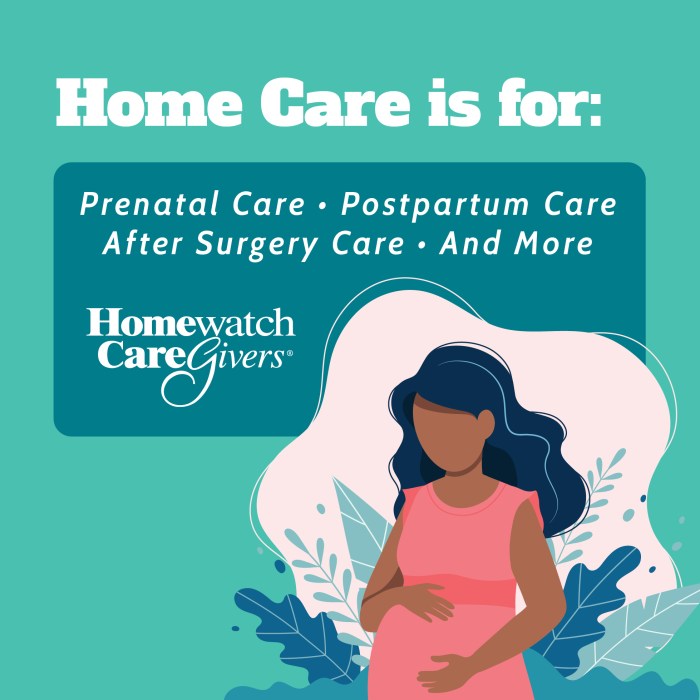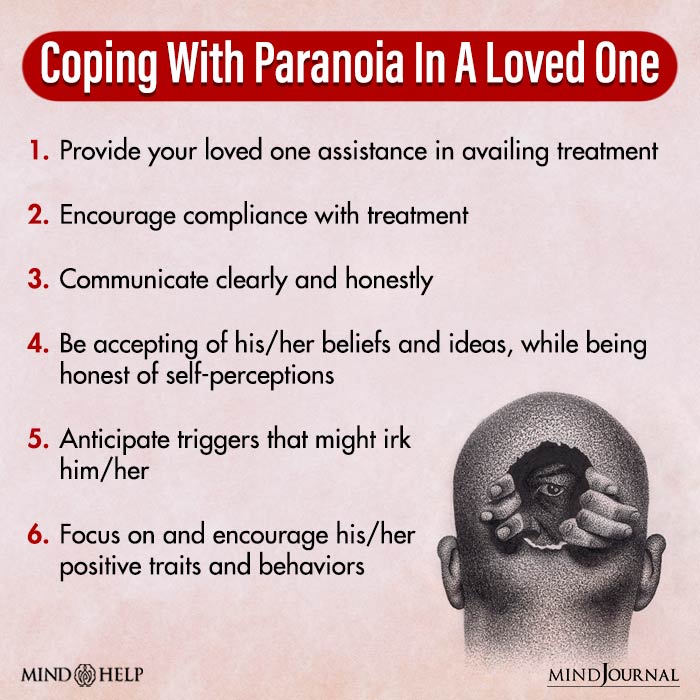Coping with pregnancy paranoia flo – Pregnancy paranoia, a common concern during pregnancy, refers to excessive and persistent worries about the well-being of the unborn child. This condition can significantly impact the emotional and psychological well-being of expectant mothers, often leading to feelings of anxiety, fear, and distress.
Understanding the causes, symptoms, and potential consequences of pregnancy paranoia is crucial for developing effective coping mechanisms. This article aims to provide a comprehensive overview of pregnancy paranoia, exploring its impact, management strategies, and preventive measures.
Coping with Pregnancy Paranoia

Pregnancy paranoia is a condition that can affect pregnant women, characterized by excessive worry and fear about their pregnancy, the health of their unborn child, or their own well-being. It can manifest in various ways, including:
- Constant worry about the baby’s health or safety
- Fear of miscarriage or birth defects
- Anxiety about childbirth or the baby’s well-being after birth
- Obsessive thoughts or behaviors related to pregnancy
- Avoidance of activities or situations that may be perceived as risky for the pregnancy
Impact of Pregnancy Paranoia, Coping with pregnancy paranoia flo
Pregnancy paranoia can have a significant impact on a person’s emotional and psychological well-being. It can lead to:
- Increased anxiety and stress
- Difficulty sleeping or concentrating
- Mood swings or irritability
- Withdrawal from social activities or relationships
- Feelings of guilt or shame
Pregnancy paranoia can also affect relationships with family, friends, and partners. It can create strain or conflict due to the constant worry and anxiety expressed by the pregnant person.
Coping Mechanisms
There are several strategies that can help manage pregnancy paranoia, including:
- Relaxation techniques such as deep breathing, yoga, or meditation
- Cognitive behavioral therapy (CBT) to challenge negative thoughts and develop coping mechanisms
- Support groups or online forums to connect with others experiencing similar concerns
- Seeking professional help from a therapist or counselor if necessary
Self-care and support from loved ones are also crucial in coping with pregnancy paranoia. This can include:
- Getting enough rest and sleep
- Eating a healthy diet
- Exercising regularly
- Spending time with loved ones who provide support and understanding
Prevention and Education
While there is no sure way to prevent pregnancy paranoia, there are steps that can be taken to promote mental health and well-being during pregnancy:
- Maintaining a healthy lifestyle and seeking prenatal care regularly
- Educating oneself about pregnancy and childbirth to reduce uncertainty and fear
- Surrounding oneself with a supportive network of family and friends
- Seeking professional help if any concerns or symptoms of pregnancy paranoia arise
Healthcare professionals play a vital role in educating women about pregnancy paranoia and providing support. By raising awareness and offering resources, they can help reduce the stigma associated with this condition and improve outcomes for pregnant women.
Answers to Common Questions: Coping With Pregnancy Paranoia Flo
What are the common symptoms of pregnancy paranoia?
Symptoms may include excessive worry about the baby’s health, fear of miscarriage or birth defects, and intrusive thoughts about potential harm to the child.
How can I cope with pregnancy paranoia on my own?
Engage in relaxation techniques such as deep breathing, meditation, or yoga. Practice positive self-talk and challenge negative thoughts. Seek support from trusted friends or family members.
When should I seek professional help for pregnancy paranoia?
If your worries are persistent, interfere with your daily life, or cause significant distress, it’s important to seek professional help from a therapist or counselor.

